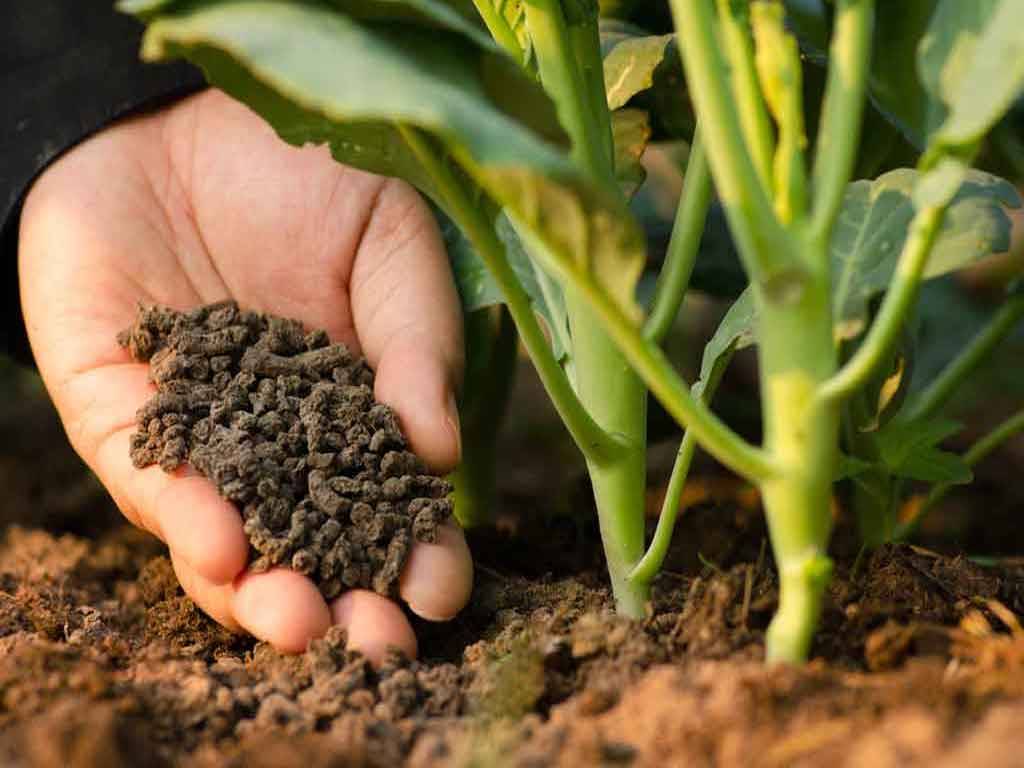
Despite rising international market rates due to the Russia-Ukraine conflict, large Chinese procurements, and other global factors, the government is committed to supplying fertilisers at affordable prices to farmers with required subsidies, sources said, which may push the annual fertiliser subsidy to up to Rs 2 lakh crore in the current financial year.
Despite worries from certain quarters and queries from opposition parties in Parliament, a top government source said on Monday that the Modi administration prioritises farmers' interests, as seen by large subsidies on various crop nutrients, and that it will not back down even if the bill rises.
"We have already made significant preparations for the kharif season, which begins in May, including 30 lakh metric tonnes of DAP (Di-Ammonium Phosphate) and 70 lakh metric tonnes of urea. We are well prepared for kharif obligations and will make further purchases as needed "Added the source.
According to government sources, the local price of urea is still Rs 266 per 50 kg bag, while the international price has climbed to Rs 4,000 per bag, resulting in a subsidy of nearly Rs 3,700 per bag.
For over a year, the price of NPK (complex fertilisers) has remained unchanged at Rs 1,470 per bag, while the price of DAP in the local market has remained unchanged at Rs 1,350 per bag, despite foreign prices soaring to Rs 4,200 per bag. The NPK pricing has remained unchanged since it was raised to Rs 1,470 a bag from around Rs 1,300 a year ago, according to officials.
They also pointed out that India's pricing are far cheaper than those in many other nations, including those in the region such as Pakistan and China, as well as countries such as the United States, Indonesia, and Brazil.
"The fears expressed about any increase in fertiliser costs are unfounded," according to the source mentioned above.
"Despite a spike in international pricing owing to global reasons such as those directly and indirectly related to the Russia-Ukraine conflict and Iranian sanctions, we have not increased fertiliser prices. In the interest of our farmers, we are attempting to maintain domestic prices at current levels "Added the source.
Furthermore, while previously exporting, China has been undertaking large-scale procurements to build up its own local capabilities, according to the source.
According to the source, rising foreign prices might push the whole fertiliser subsidy burden up to Rs 2,00,000 crore in the current fiscal year, 2022-23, up from an expected Rs 1.25 lakh crore in the just-concluded fiscal year 2021-22.
In general, the fertiliser subsidy is around Rs 80,000-85,000 crore per year, although it has recently been higher.
"In one or one-and-a-half years, we will be urea self-sufficient. Three facilities with a combined capacity of 30-35 lakh tonnes have begun operations, and we have long-term agreements in place with Oman for roughly 10 lakh tonnes. In addition, plants in Sindri and Barauni will be operational soon, increasing our capacity," the source added.
Government officials have stated that India is in negotiations with a number of nations and is looking into long-term arrangements for the delivery of essential soil nutrients.
The prior planning is being done while global fertiliser prices remain high due to constrained supply caused by the COVID-19 outbreak and limitations imposed by China, from which India imports 45 percent of its DAP and some quantities of urea, according to authorities.
The government sets the MRP (Maximum Retail Price) for urea and pays producers for the difference between the MRP and the manufacturing cost. Non-urea fertiliser pricing, such as DAP and MOP, are set by private enterprises, with the government providing a predetermined subsidy.
Domestic DAP rates have been affected by rising global raw material prices.
Mansukh Mandaviya, the Union Chemicals and Fertilisers Minister, informed the Lok Sabha in February that the country has no scarcity of fertilisers and that the price of urea had not been raised since the Narendra Modi administration took office in 2014.
"The country has no scarcity of fertilisers." However, certain states emphasised a shortage of DAP fertiliser during the off-season, notably in a few regions.
"As a result of state government requests, DAP rakes were relocated to satisfy the need. During the current Rabi season 2021-22, however, the total supply of DAP and other fertilisers in the country, especially in Tamil Nadu, is adequate "he had stated
Mandaviya further stated that the urea price has not been increased in the last seven years to avoid causing hardship to farmers.
"Despite a rise in worldwide prices, we have not raised the urea price in the last seven years," he had stated.
The minister stated that the government has taken several initiatives to assure the safe and timely supply of all fertilisers in the country.
Mandaviya also encouraged Jordan, Morocco, and other nations to set responsible fertiliser pricing because agricultural nutrients are critical inputs for food security.











